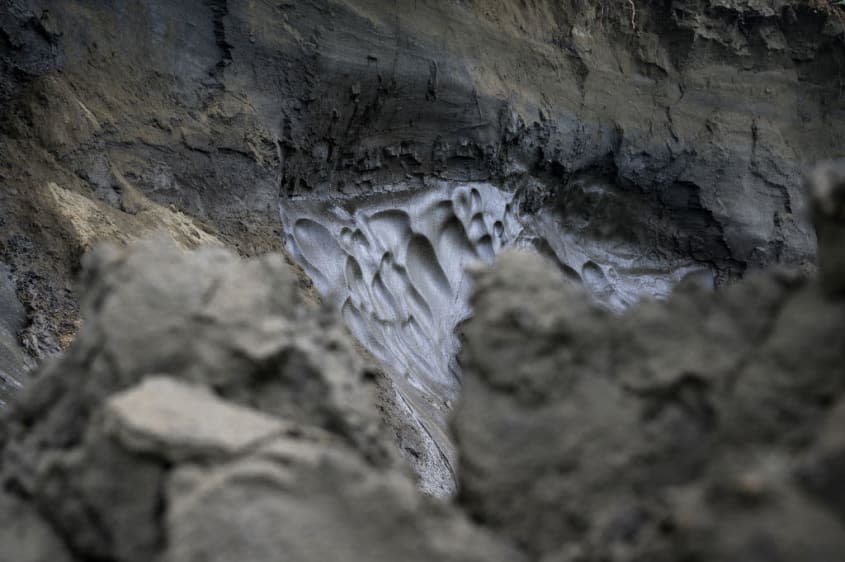Scientists revive 46,000-year-old worm that was frozen in permafrost

Scientists were able to revive a 46,000-year-old species of worm that had been frozen in permafrost. The findings, published in the journal PLOS Genetics, detailed that these creatures "have developed the ability to enter a state of suspended metabolism called cryptobiosis when environmental conditions are unfavorable," which allows them to "suspend life over geological time scales."
The worm was discovered to be a species of nematode or roundworm called Panagrolaimus kolymaenis, and it was frozen in Siberian permafrost from the time of the woolly mammoths. The nematode remained in a state "between death and life," Teymuras Kurzchalia, professor emeritus at the Max Planck Institute of Molecular Cell Biology and Genetics, who co-authored the study told CNN. "One can halt life and then start it from the beginning. This a major finding."
Nematodes are notoriously resilient, known to survive for long periods of time in treacherous conditions like sub-zero temperatures, per NPR. The worm survived through a process called cryptobiosis, which allowed it to bring its metabolism down substantially and not require water or oxygen. However, "nobody had thought that this process could be for millennia, for 40,000 years — or even longer," Philipp Schiffer, a group leader at the Institute of Zoology at the University of Cologne and one of the study's authors, told NPR.
The worm was revived simply by rehydrating it. "The major take-home message or summary of this discovery is that it is, in principle, possible to stop life for more or less an indefinite time and then restart it," Kurzchalia told The New York Times. As climate change continues to raise temperatures, more permafrost may melt to reveal other creatures that have been dormant for thousands of years.

